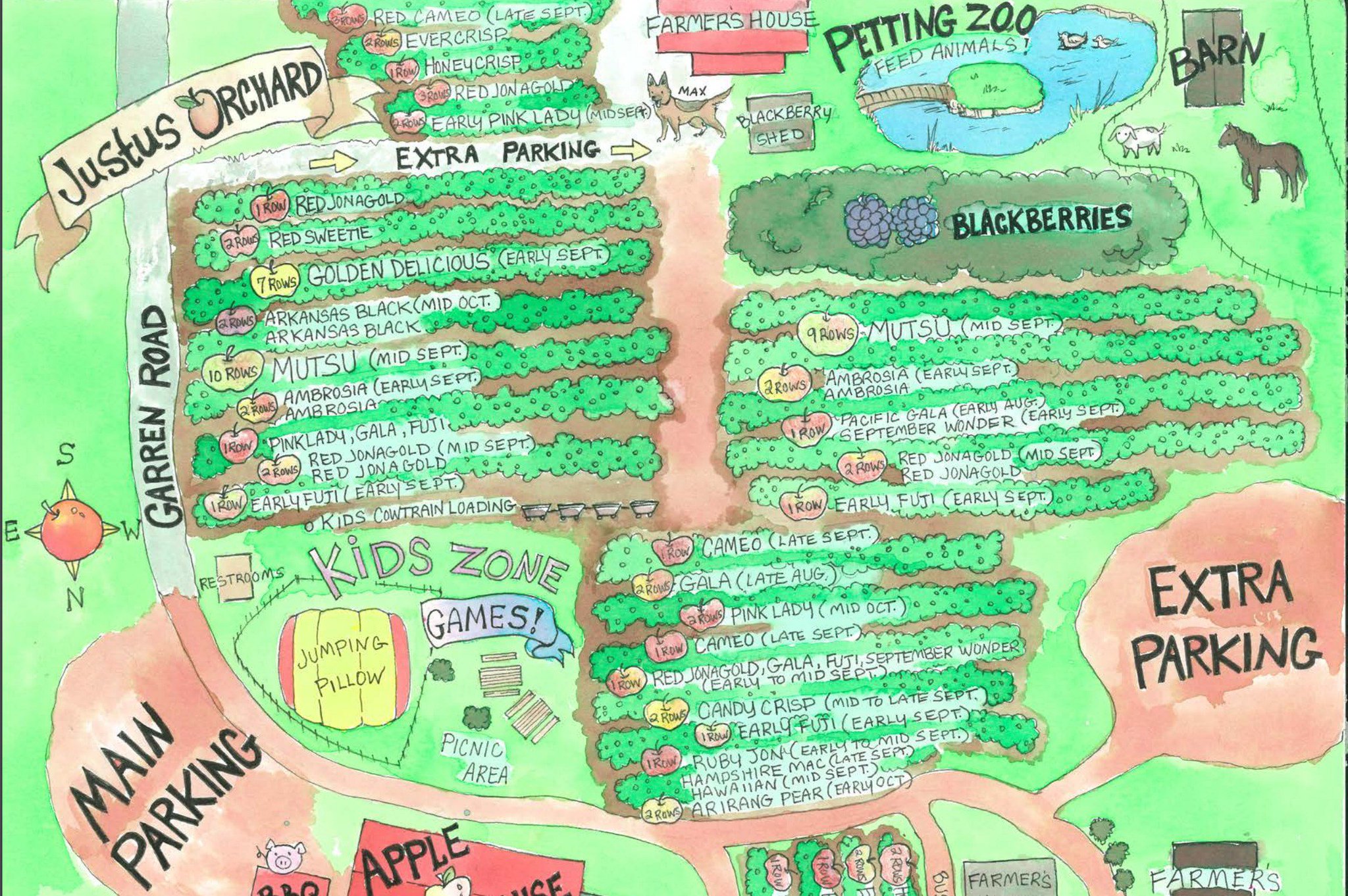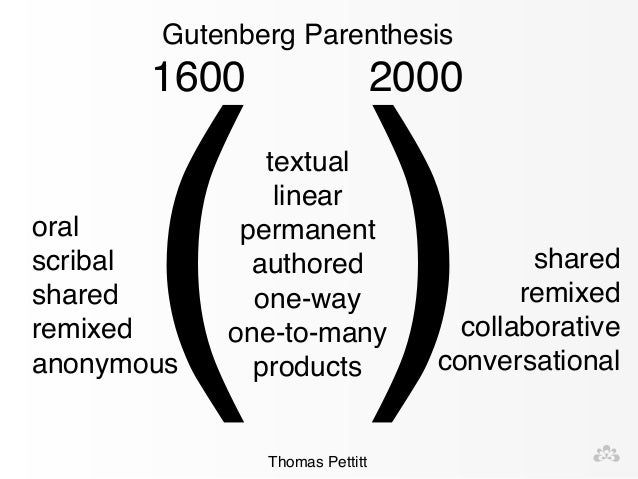If you are joining the Marginal Syllabus for the first time, or if you're using Hypothesis to publicly annotate an online text for the first time, here are a few useful resources:
- Getting started with Hypothesis
- Hypothesis education resources
- KQED's Digital Annotation with Hypothesis course, a great step-by-step primer
- How to join an annotation conversation with crowded margins
- Information about the Marginal Syllabus and our 2017-18 Syllabus hosted by the National Writing Project



